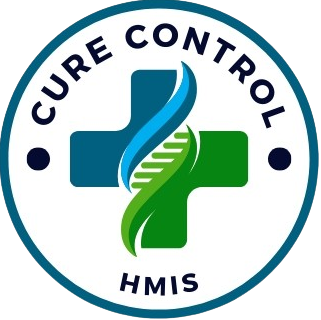1P1ID is a significant Electronic Medical Record (EMR) project undertaken by the National Information Technology Board (NITB). Its primary objective is to customize, implement, and replicate a Hospital Management Information System (HMIS) in all public hospitals of the Federal Government and throughout the country. The aim is to leverage innovative use of IT to enhance the delivery of public services to citizens.
The implementation of an EMR system like 1P1ID is crucial for the efficient management of healthcare facilities. By digitizing medical records and streamlining administrative processes, it becomes easier for healthcare providers to access and share patient information, resulting in improved care coordination and patient outcomes.
The customization aspect of the 1P1ID project ensures that the HMIS system is tailored to the specific needs and requirements of each public hospital. This customization allows for the seamless integration of the EMR system into existing workflows and processes, minimizing disruption during the transition phase.
Furthermore, the replication of the HMIS system across all public hospitals in the country ensures that standardized practices and protocols are followed, promoting consistency and uniformity in healthcare delivery. This replication also facilitates data sharing and collaboration between different healthcare facilities, enabling better coordination and resource allocation.
The 1P1ID project is driven by the vision of leveraging IT to improve the accessibility and quality of healthcare services for citizens. By adopting an EMR system, public hospitals can eliminate the reliance on paper-based records, reducing the risk of errors and enabling faster retrieval of patient information. This digital transformation also opens up opportunities for data analysis and research, leading to evidence-based decision-making and improved healthcare planning.
Through the innovative use of IT, the 1P1ID project aims to revolutionize the healthcare landscape in the country. By implementing a comprehensive HMIS system, public hospitals can enhance their operational efficiency, reduce costs, and provide better care to patients. The project also aligns with the government’s digital transformation agenda, reinforcing the commitment to leverage technology for the betterment of public services.
In conclusion, 1P1ID is a major Electronic Medical Record project undertaken by NITB to customize, implement, and replicate a Hospital Management Information System in public hospitals across the country. By leveraging IT, this project aims to improve the delivery of healthcare services to citizens, enhance care coordination, and promote data-driven decision-making. The project aligns with the government’s digital transformation agenda and holds the potential to revolutionize the healthcare landscape in the country.


